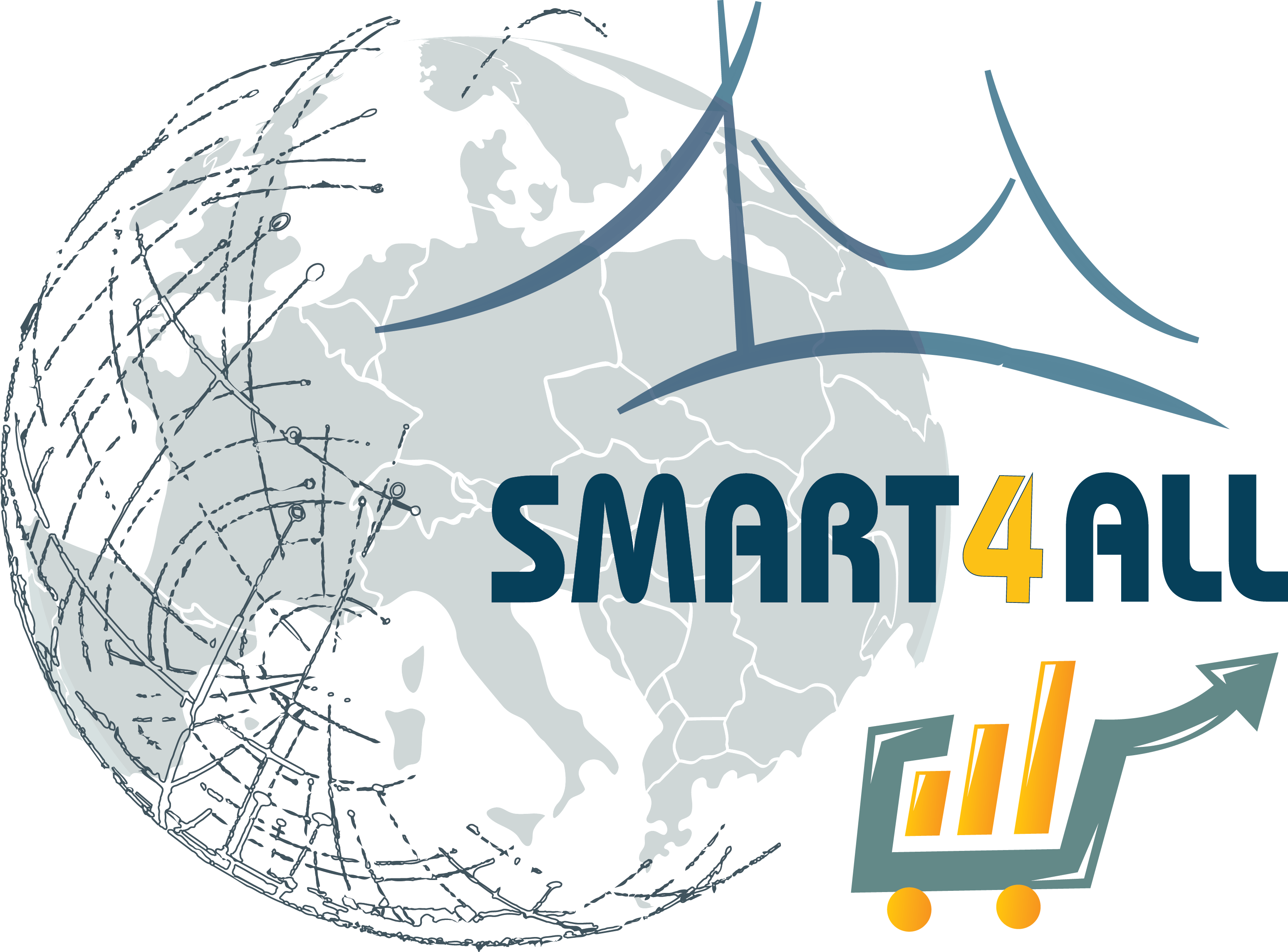The project aims to innovate in the field of medical testing for COVID-19 by introducing a robotic arm-based nasopharyngeal swab sampling system (RABNSSS). Given the high risk of transmission during manual swab tests, the project proposes a safer, semi-automated alternative. Utilizing a 4-axis robotic arm equipped with a variety of control mechanisms and an endoscope for visual guidance, the system is designed to perform swab collections while minimizing the risk to healthcare professionals.
Objectives
The primary objective is to enhance the safety and efficiency of COVID-19 swab tests through robotic automation. By reducing direct contact between healthcare workers and patients, the system aims to lower the risk of virus transmission. Secondary objectives include validating the robot's precision and practicality through simulated environments and planned experimental endeavors such as human phantom experiments.
Challenges
The project faced procurement challenges, delaying the acquisition of essential hardware components necessary for conducting real-world experiments. This led to a reliance on virtual simulations to progress the design and testing phases. Another challenge involves mimicking the intricate motions and sensory feedback of human operators to ensure the robotic system can perform swab tests with comparable precision and sensitivity.
Technology
The innovation centers around the use of the Dobot Magician Robot Arm, capable of mimicking human arm movements, wrist adjustments, and finger dexterity. This is coupled with sensory capabilities for visual and haptic feedback. The use of CoppeliaSim Edu for simulation allows for rigorous testing of the robot in a virtual environment, incorporating Python scripting for sophisticated model interactions. This preparatory step is crucial for refining the robot's functionality before deployment in medical settings
Market
The RABNSSS is positioned to serve a broad market within the healthcare industry, particularly in sectors where COVID-19 testing is critical. Potential applications extend beyond traditional healthcare settings into areas requiring high-volume, efficient testing capabilities such as airports, schools, corporate environments, and mass gathering locations like concerts or sports events.
Consortium
 SMART4ALL has received funding from the European Union’s Horizon 2020 research and innovation programme under Grant Agreement No 872614
SMART4ALL has received funding from the European Union’s Horizon 2020 research and innovation programme under Grant Agreement No 872614
 SMART4ALL is a four-year Innovation Action project funded under Horizon 2020 framework under call DT-ICT-01-2019: Smart Anything Everywhere – Area 2: Customized low energy computing powering CPS and the IoT.
SMART4ALL is a four-year Innovation Action project funded under Horizon 2020 framework under call DT-ICT-01-2019: Smart Anything Everywhere – Area 2: Customized low energy computing powering CPS and the IoT.






